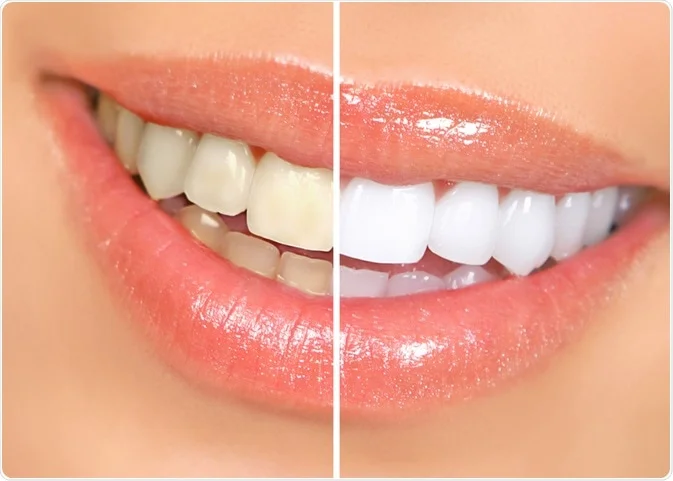Description
Familiarity with Treatment
Teeth whitening is a cosmetic dental procedure aimed at lightening the color of the teeth and enhancing their overall appearance. It can involve various methods, including professional dental treatments and at-home whitening products. The efficacy of these methods depends on the type of tooth discoloration being treated.
Who is it Suitable for?
Teeth whitening is suitable for individuals who wish to improve the appearance of their smile by addressing tooth discoloration. It can be an effective solution for individuals with extrinsic stains caused by factors such as aging, smoking, or consuming certain foods and beverages.
Who is it Not Suitable for?
Teeth whitening may not be suitable for individuals with certain types of tooth discoloration, such as intrinsic stains that originate from within the tooth. Additionally, individuals with specific dental conditions or those who are sensitive to the whitening agents used in the treatment may not be suitable candidates for teeth whitening.
Advantages
- Teeth whitening can significantly improve the color of the teeth, resulting in a brighter and more attractive smile.
- It is a non-invasive and relatively quick procedure that can provide noticeable results.
- Professional teeth whitening treatments can be tailored to the individual’s needs, providing a customized approach to address specific discoloration concerns.
Complications
- Potential complications of teeth whitening may include teeth sensitivity, particularly during and after the whitening process. This sensitivity may diminish over time and can often be managed with specific oral care products recommended by a dental professional.
- Gum irritation and soft tissue irritation may occur if the whitening solution comes into contact with the gums during the treatment.
- The effectiveness of teeth whitening can vary based on individual factors such as age, lifestyle, genetics, and the initial color and condition of the teeth.
Preoperative Care
Before undergoing teeth whitening, it is important to consult with a dental professional to determine the most suitable whitening method based on individual needs and oral health. This may involve an assessment of tooth discoloration and an evaluation of any existing dental conditions.
Postoperative Care
After teeth whitening, postoperative care may involve specific instructions tailored to the type of treatment performed. This may include:
- Following oral care instructions provided by the dentist, such as using specialized toothpaste for sensitive teeth or avoiding certain foods and beverages that may cause staining.
- Understanding the potential lifespan of the whitening treatment and the need for maintenance or touch-up treatments to prolong the results.








Reviews
There are no reviews yet.